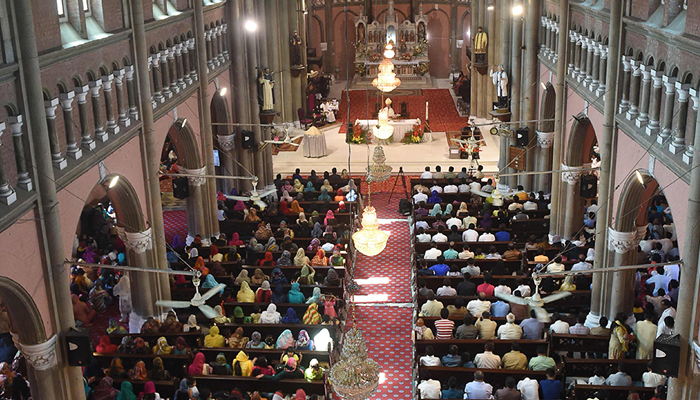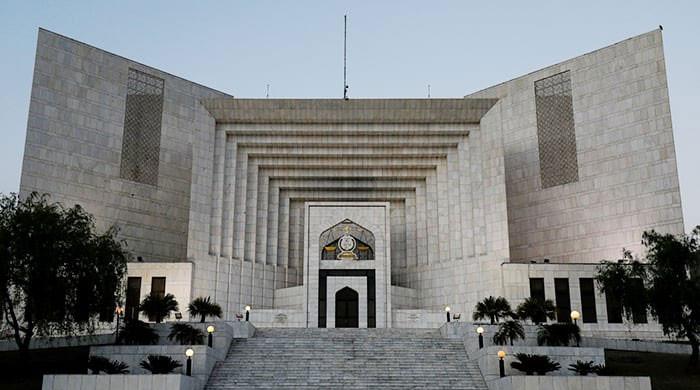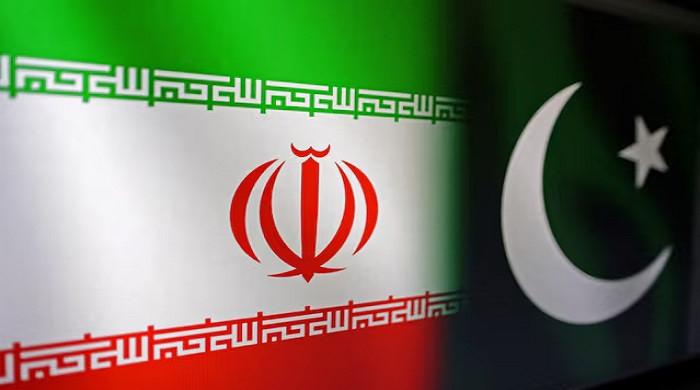Pakistan reconstitutes the National Commission for Minorities. But will it be effective?
The National Commission for Minorities was first constituted in 2015, after a landmark judgment by the Supreme Court of Pakistan in 2014
May 13, 2020

The National Commission for Minorities was first constituted in 2015, after a landmark judgment by the Supreme Court of Pakistan in 2014.
In its verdict, the court directed the state to set up a body which will protect and safeguard religious minorities in the country. The new commission, it added, would oversee issues relating to freedom of religion and belief. It would further review education curriculums, being taught in schools and universities, which as several independent studies suggest, have been promoting religious discrimination.
The detailed verdict mentioned the incidents of Hindu temples being desecrated and noted with grave concern the violations of rights of ethnic minorities in Sindh and Balochistan, the rising victimisation of the Shia community and the threats against the Kalash tribes.
Read more: US welcomes Pakistan's decision to set up National Commission for Minorities
The court ordered that Article 20 of the constitution, regarding freedom of religion, must “be construed liberally to include freedom of conscience, thought, expression, belief and faith.”
After the powerful judgment, the commission was formed, but it remained ineffective.
One argument against it was that it was established through a judicial order and not an executive one. Another criticism, from religious minorities, was that all official members of the commission were from the Muslim community. Hence, they lacked representation.
Moreover, the body was to operate under the ministry for religious affairs, which further clipped its wings. The court had called for the Commission to be independent.
Therefore, in the following the years, the organisation walked on eggshells. It struggled for recognition and pigeonholed itself to devising an interfaith harmony policy, which is just one aspect of the many structural and procedural matters to be tackled for ensuring the rights and freedom of religious and ethnic minorities.
In 2018, after national polls and the coming to power of a new government, the commission became inactive. Then on Tuesday, after nearly two years, it was re-notified.
Read more: HRCP expresses concerns on newly formed minorities’ commission
As per the notification, the body will have 12 members, of which two will be Muslims, three Hindus, three Christian, two Sikhs, one Parsi and one from the Kalash tribe. Its nominated chairman is Chela Ram Kewlani from Sindh.
While this is a welcome step, for the commission to be truly effective, it would need empowered members who are not overruled by government officials.
A good model to look at in this regard is the National Commission on the Status of Women, and the provincial commissions on the status of women.
Setting up a commission for minorities and not letting it function independently, as in the past, indicates a lack of commitment by the state on issues of forced conversions, forced marriages, desecration of religious places of worship and the stigmatization of religious and ethnic communities.
Also read: How effective is the ministry of inter-provincial coordination during a pandemic?
It is necessary that the commission is a statutory body, which complies with Pakistan’s international commitments, and can effectively review policies, laws, rules and regulations that affect the rights of minorities, so that they are able to access and receive justice as equal citizens of the country.
Here is to hoping that the new ruling party lives up to its promise to minorities in Pakistan.
Alam is the founding member and secretary general of FACES Pakistan.











